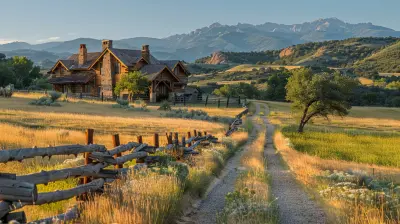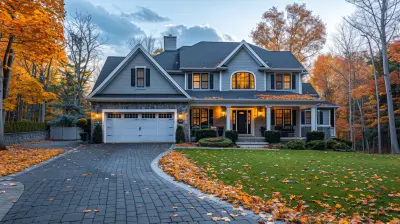Off-Grid Rural Properties: How to Achieve True Independence
16 July 2025
Have you ever dreamed of living off the grid, away from the hustle and bustle of city life? Imagine waking up to the sound of birds instead of honking cars, sipping your coffee while looking over acres of untouched land, and knowing that you are fully self-sufficient. That’s the beauty of off-grid rural properties—they give you true independence.
But how do you make this dream a reality? Living off the grid isn’t just about buying land in the countryside; it’s about creating a sustainable lifestyle that allows you to thrive without relying on public utilities.
In this guide, we’ll walk you through everything you need to know about off-grid living—how to find the right property, generate your own power, secure reliable water sources, grow your own food, and more. 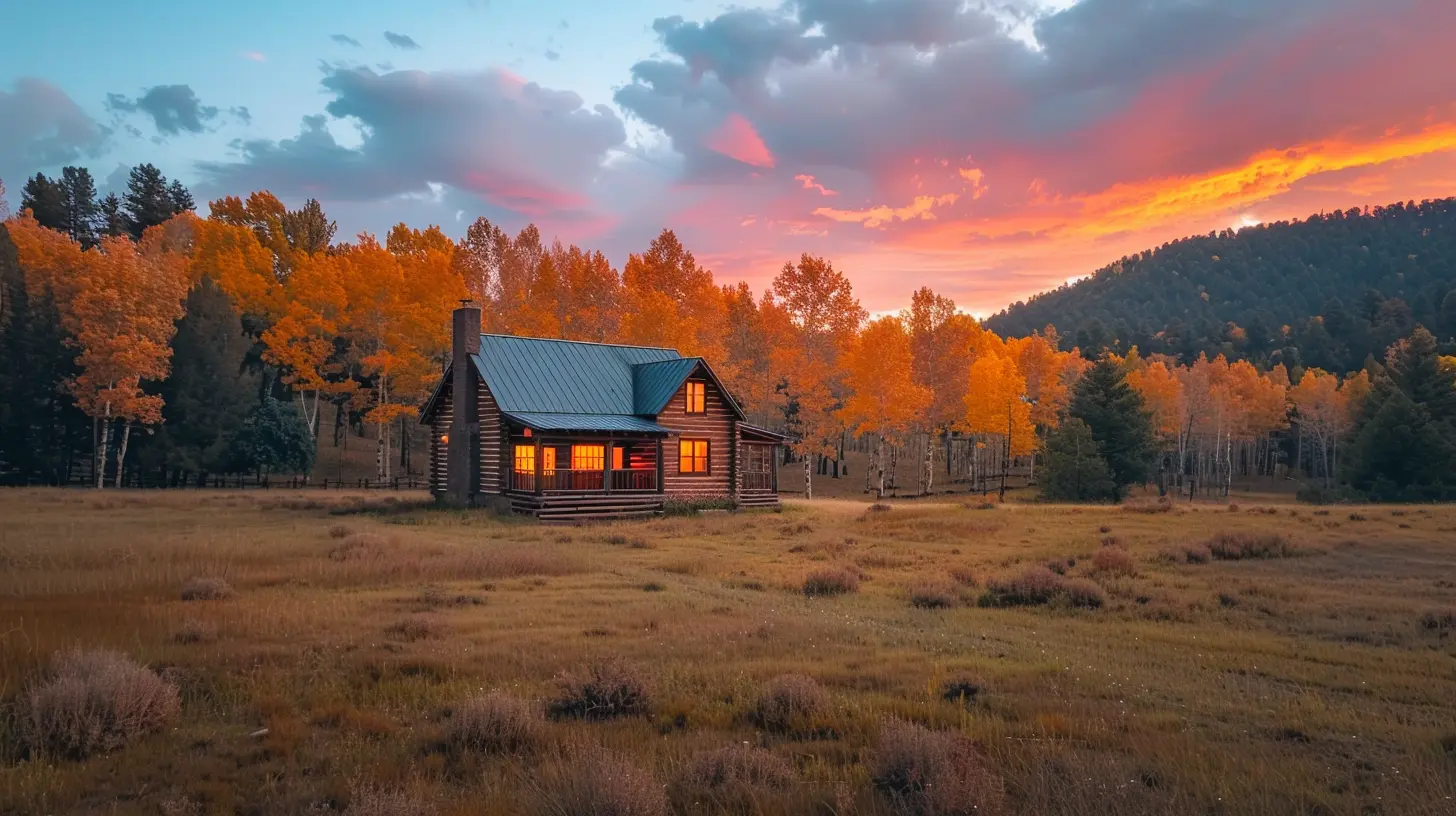
What Does Living Off-Grid Really Mean?
Before we dive in, let’s clarify what “off-grid” actually means. When people talk about off-grid living, they're usually referring to homes that aren't connected to public utilities like electricity, water, and sewage. Instead, these homes rely on alternative energy sources, private water systems, and waste management solutions.While some off-grid setups still use modern technology (like solar panels and satellite internet), others embrace a more primitive lifestyle, relying on wood-burning stoves and rainwater collection. It’s all about how independent you want to be. 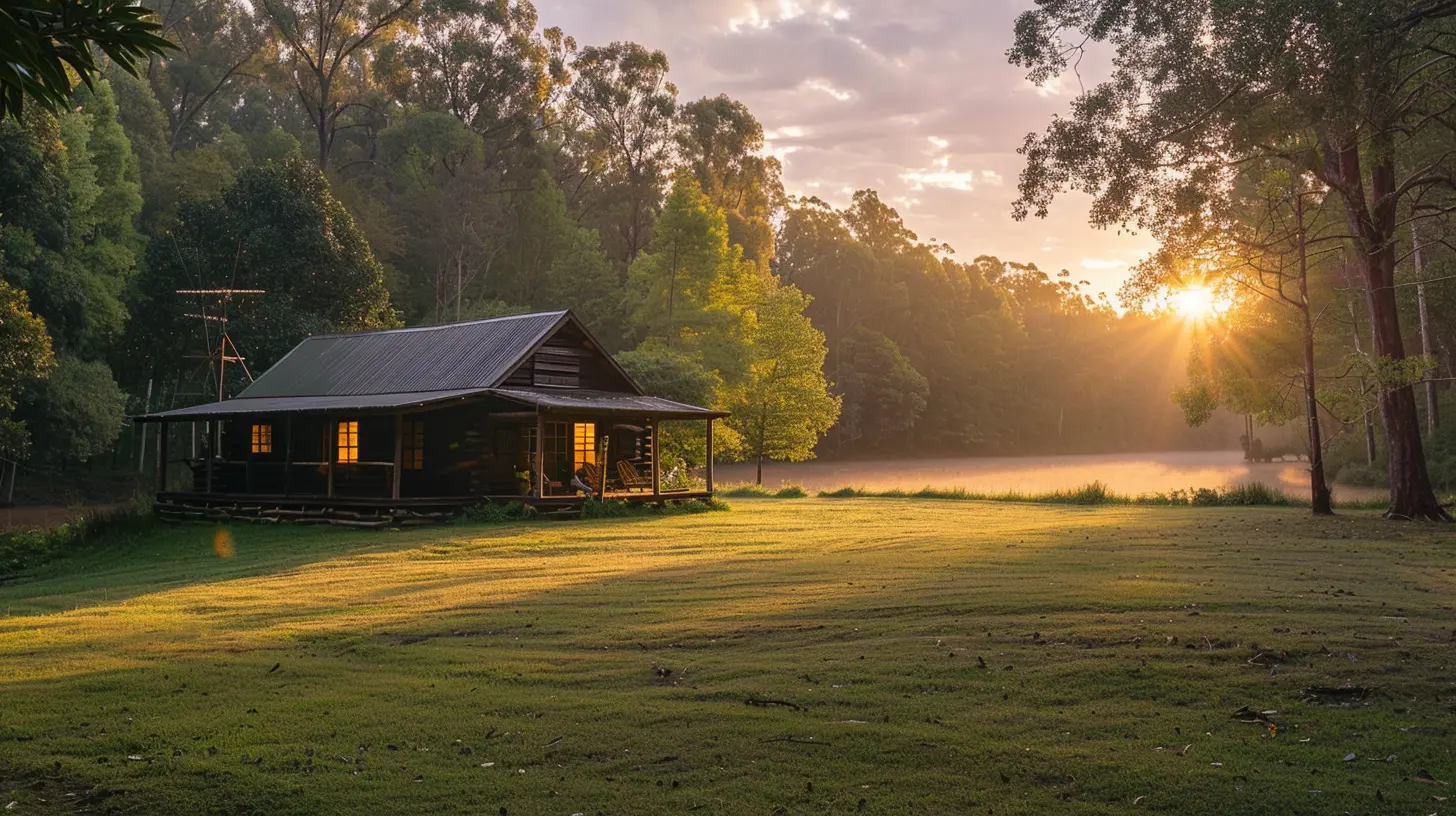
Choosing the Right Off-Grid Rural Property
Not all rural properties are created equal. If you’re planning to live off the grid, you need to choose land that supports your goals. Here are some key factors to consider:1. Location Matters
Think about climate, soil quality, and accessibility. A remote location is great for privacy, but you still need access to essential supplies and medical care.2. Water Availability
This is non-negotiable. Whether it's a natural spring, a well, or a nearby river, ensure your land has a reliable water source.3. Land Quality
If you plan to grow food, check the quality of the soil. Rocky, dry land makes farming a challenge.4. Local Regulations
Some areas have zoning laws or restrictions on off-grid living. Make sure you research the legal requirements before making a purchase.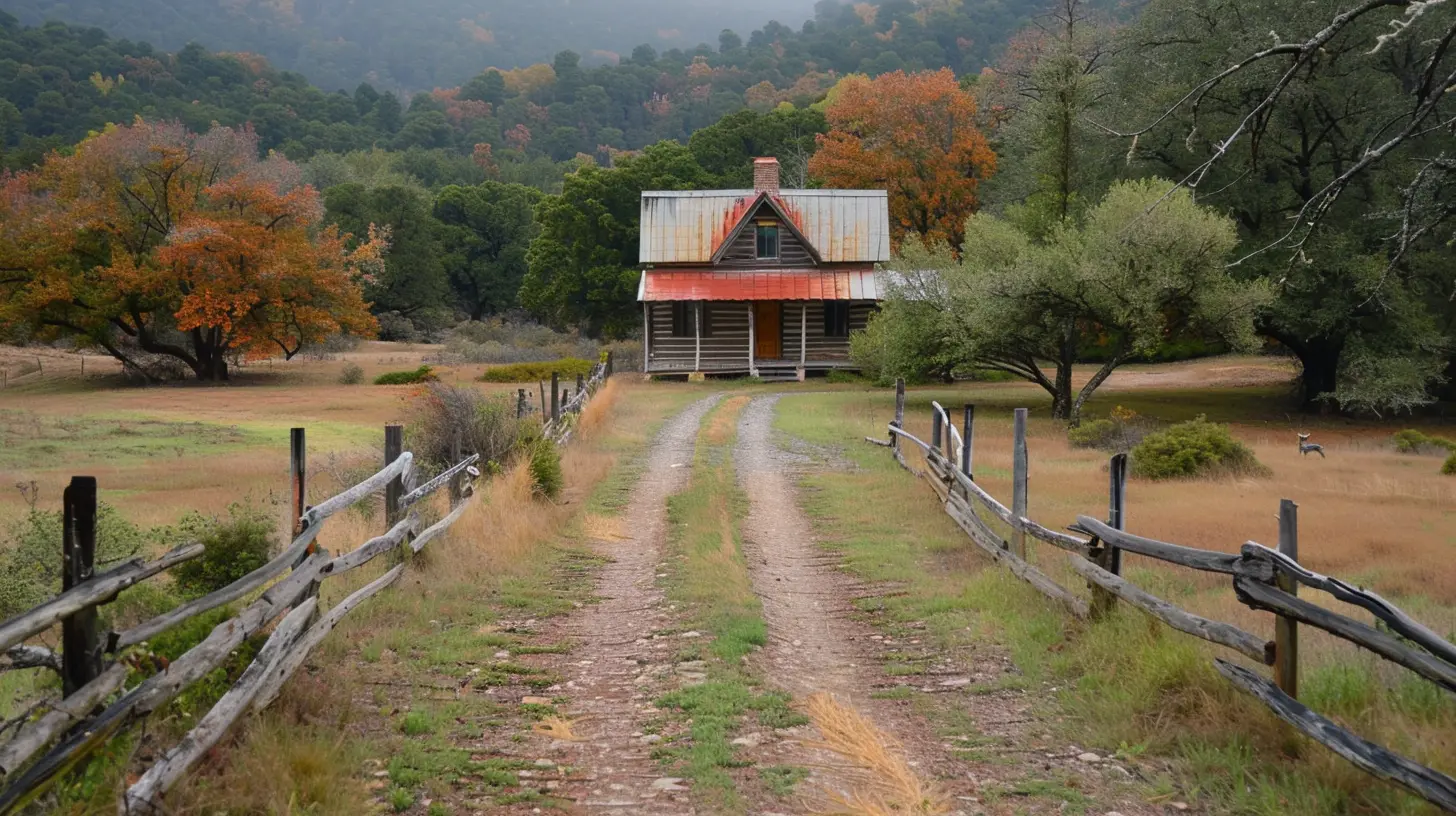
Powering Your Off-Grid Home
Without a connection to the power grid, you’ll need to generate electricity yourself. Fortunately, there are several sustainable options:1. Solar Power
One of the most popular choices, solar panels provide a clean and renewable energy source. Battery storage allows you to save excess power for nighttime use.2. Wind Energy
If your property has consistent wind speeds, a small wind turbine can generate significant power.3. Hydropower
If there’s a running stream or river on your property, a micro-hydro system can provide a continuous source of energy.4. Backup Generators
While not entirely off-grid, having a generator can be useful during emergencies or long stretches of cloudy weather.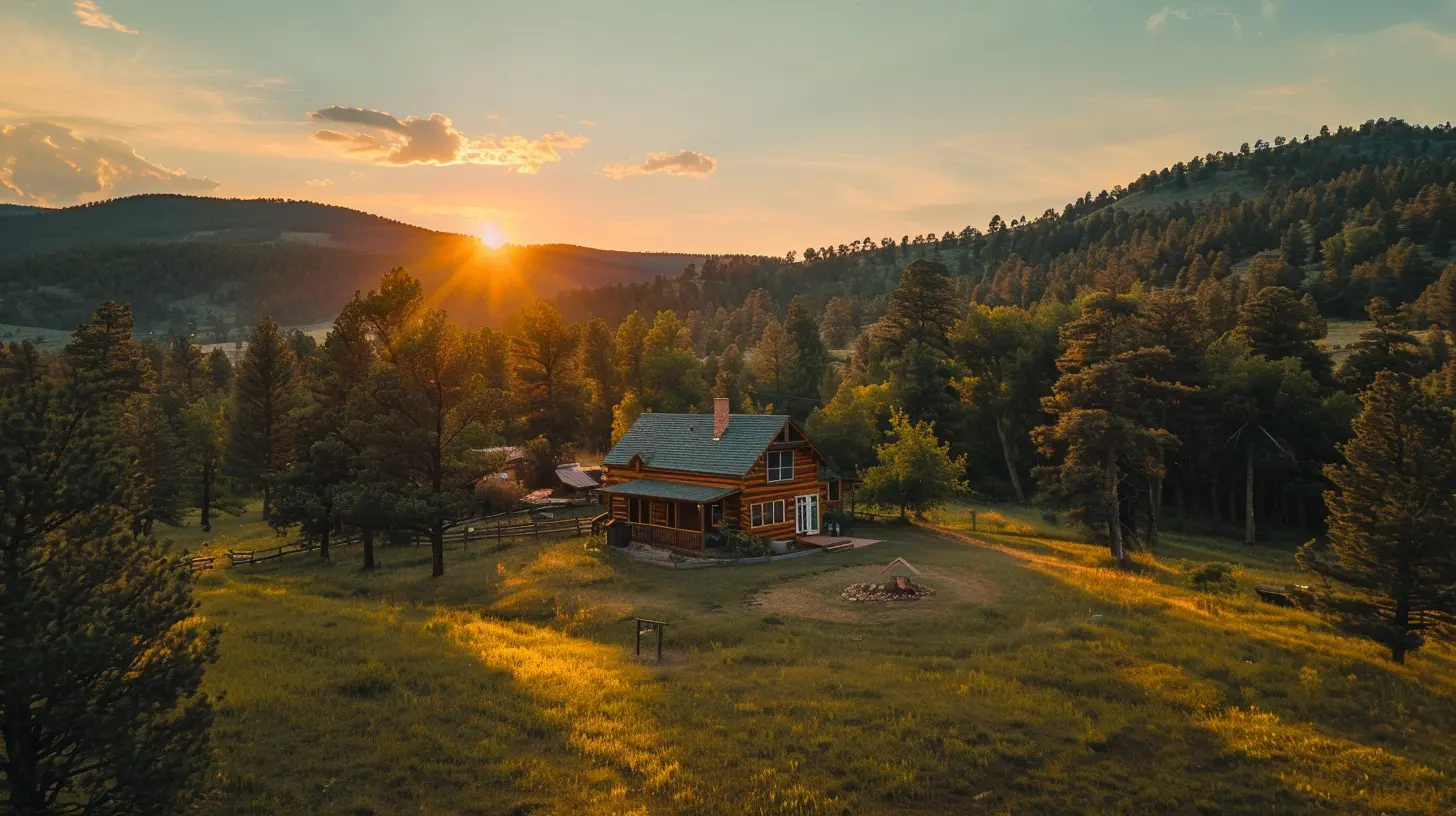
Water: The Lifeline of Off-Grid Living
Water is one of the most important resources for off-grid survival. Here’s how to ensure you always have access to clean water:1. Drilling a Well
Many rural properties rely on wells for drinking water. Make sure there’s a reliable groundwater source before you buy land.2. Rainwater Harvesting
Installing rainwater collection systems can supplement your water supply. Just make sure to filter and purify it before drinking.3. Natural Water Sources
If you have a stream or spring on your property, you can use it for irrigation or even drinking (with proper filtration).4. Water Filtration Systems
No matter where your water comes from, always invest in a good filtration and purification system to ensure it’s safe to drink.Food Independence: Growing and Raising Your Own Food
Living off the grid means having a reliable food source. That means growing, raising, or foraging your own food.1. Gardening and Greenhouses
A well-planned garden can provide fresh produce year-round. A greenhouse extends your growing season, especially in colder climates.2. Raising Livestock
Chickens for eggs, goats for milk, and cows for meat—animals are a great way to secure a steady food supply.3. Hunting and Fishing
If your property includes wild game or a pond, you can supplement your diet with fresh meat and fish.4. Food Preservation
Canning, drying, and freezing food ensures you have enough to last through the winter months.Handling Waste Without Public Utilities
Without a sewer system, you’ll need to get creative with waste management. Here are some options:1. Septic Systems
A septic tank is the most common off-grid waste disposal system. It requires maintenance but provides a reliable solution.2. Composting Toilets
These toilets turn waste into compost, reducing water usage and providing fertilizer for gardening.3. Greywater Recycling
Instead of letting used water from sinks and showers go to waste, you can filter and reuse it for irrigation.Heating and Cooling Off-Grid Homes
Staying comfortable year-round requires an efficient heating and cooling system.1. Wood Stoves
A wood-burning stove is a classic option for heating off-grid homes, providing warmth and even serving as a cooking surface.2. Passive Solar Design
By positioning your home to take advantage of natural sunlight, you can reduce heating and cooling needs.3. Insulation and Energy Efficiency
Thick walls, proper insulation, and energy-efficient windows help maintain a comfortable temperature inside your home.4. Natural Cooling Methods
Shade trees, cross-ventilation, and underground homes can help keep temperatures down in the summer.Staying Connected in a Remote Location
Just because you’re off the grid doesn’t mean you have to be cut off from the world. Here’s how to stay connected:1. Satellite Internet
Many off-grid homeowners rely on satellite internet for work, entertainment, and communication.2. Ham Radio & Two-Way Radios
For emergencies, ham radios or two-way radios ensure you can reach help when needed.3. Cell Signal Boosters
If there’s even a weak cell signal, a booster can improve reception for calls and data usage.Final Thoughts: Is Off-Grid Living Right for You?
Living off the grid is an incredible way to gain freedom and self-sufficiency, but it’s not for everyone. It requires planning, effort, and a willingness to adapt.If you’re ready for the challenge, start by finding the right property and making a step-by-step plan to become truly independent. The road might not be easy, but the rewards—peace, freedom, and sustainability—are more than worth it.
Would you take the leap and go off the grid? Let us know in the comments!
all images in this post were generated using AI tools
Category:
Rural PropertiesAuthor:

Vincent Clayton
Discussion
rate this article
1 comments
Gabriella Hensley
Sure, going off-grid sounds great—until you realize your Wi-Fi signal is weaker than your sense of direction! But hey, at least your neighbors won’t hear your karaoke nights!
July 22, 2025 at 12:02 PM

Vincent Clayton
Haha, true! Off-grid living definitely has its quirks, but the freedom and tranquility often outweigh the challenges. Plus, who needs Wi-Fi when you can enjoy nature's playlist?
